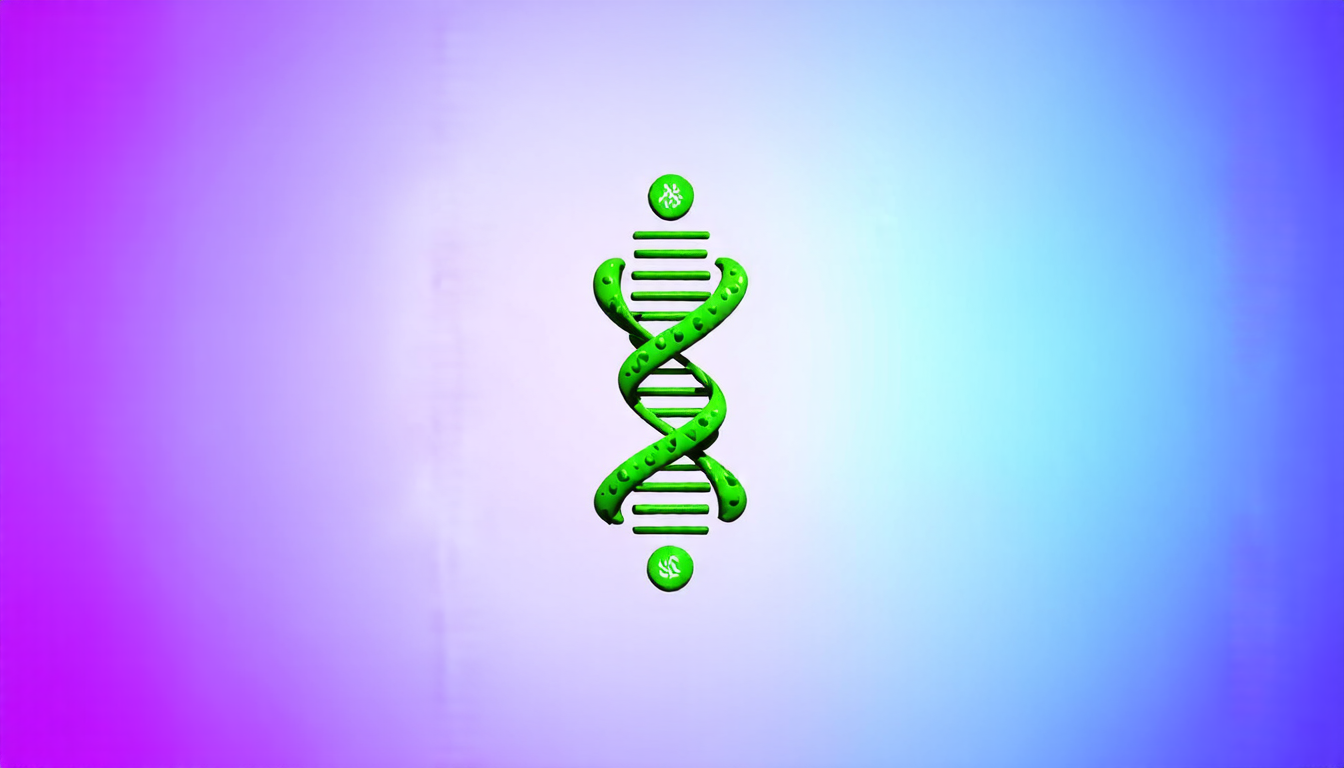Friday 05 September 2025
Researchers have made a significant breakthrough in the field of cancer diagnosis, using artificial intelligence to generate synthetic data that can improve the accuracy of machine learning algorithms.
Traditionally, machine learning models for cancer diagnosis rely on limited amounts of data, which can lead to biased results. However, by generating synthetic data that mimics real-world scenarios, scientists can significantly increase the size and diversity of their datasets, leading to more accurate predictions.
The technique involves using a type of artificial intelligence called a conditional variational autoencoder (cVAE) to generate synthetic gene expression profiles for different types of cancer. These profiles are then used to train machine learning models, which are able to accurately identify the type of cancer from a patient’s gene expression data.
One of the key advantages of this approach is that it can help address the issue of class imbalance in cancer diagnosis datasets. This occurs when one type of cancer has many more samples than others, which can skew the results of machine learning models. By generating synthetic data for the minority classes, scientists can ensure that their models are trained on a balanced dataset.
The cVAE is able to capture the complex patterns and relationships present in gene expression data, allowing it to generate highly realistic synthetic profiles. This is achieved through a process called generative modeling, which involves training the model on real-world data before using it to generate new, synthetic data.
The researchers used this technique to improve the accuracy of a machine learning algorithm for classifying different types of cancer based on gene expression data. The results showed that the algorithm was able to achieve an accuracy rate of 98% when tested on a separate dataset, which is significantly higher than previous models.
This breakthrough has significant implications for the diagnosis and treatment of cancer. By improving the accuracy of machine learning algorithms, scientists can develop more effective treatments and improve patient outcomes. Additionally, this technique could be applied to other areas of medicine where data is limited, such as rare diseases or personalized medicine.
The use of artificial intelligence in medicine is a rapidly growing field, with researchers exploring its potential applications in everything from disease diagnosis to treatment development. As the technology continues to evolve, we can expect to see even more innovative solutions emerging that have the potential to transform our understanding and treatment of cancer.
Cite this article: “AI-Powered Synthetic Data Boosts Cancer Diagnosis Accuracy”, The Science Archive, 2025.
Cancer Diagnosis, Artificial Intelligence, Machine Learning, Synthetic Data, Gene Expression Profiles, Conditional Variational Autoencoder, Class Imbalance, Generative Modeling, Cancer Classification, Medical Research







